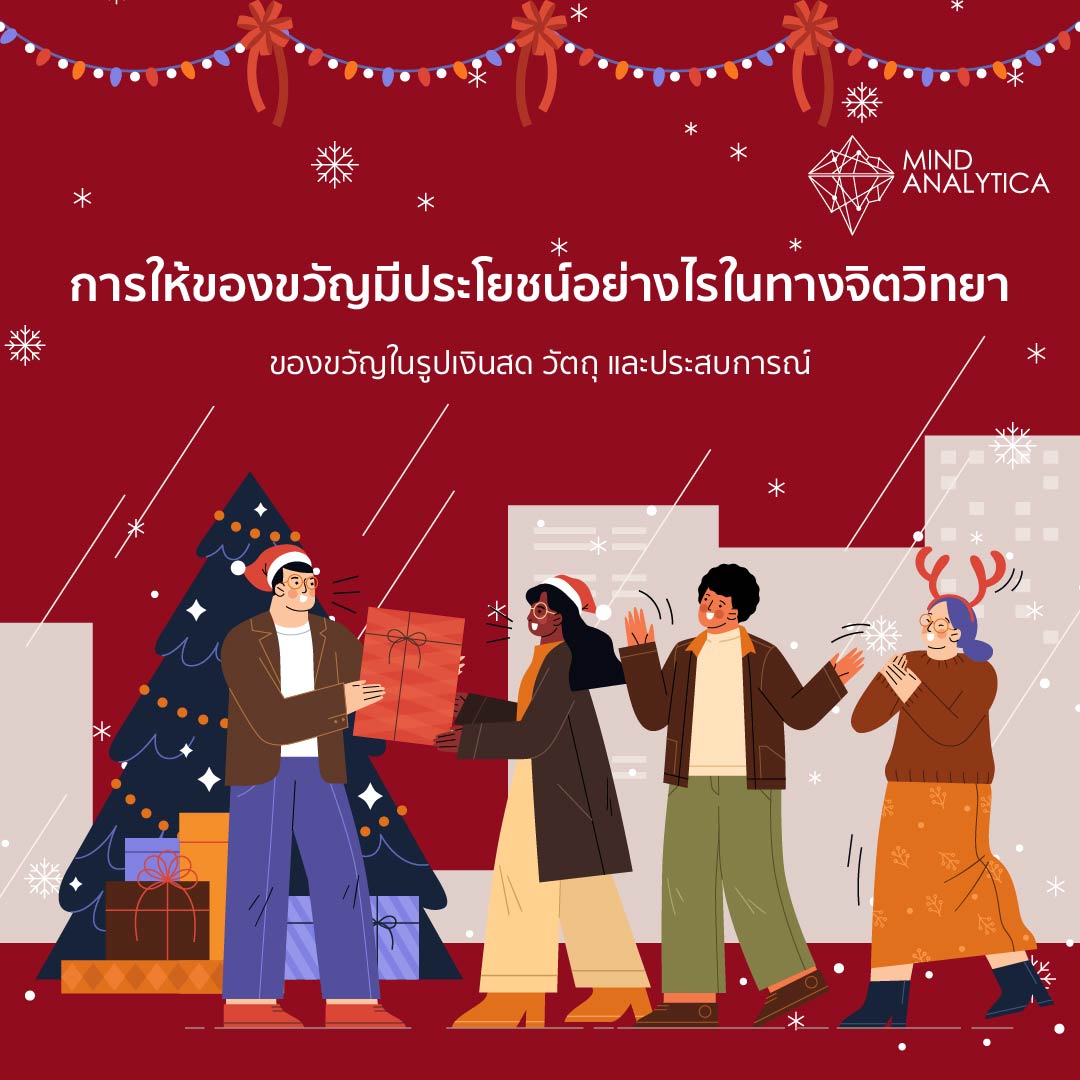Shared Memories
7 สิงหาคม 2567 - เวลาอ่าน 4 นาที
Can Make Consumers Overlook Product and Service Quality
Consumers often face a choice between spending time with significant others or using high-quality products alone. For instance, while watching a movie, a couple might choose to sit together and cuddle or sit apart to have the best view of the screen.
This raises the question: will consumers prioritize the best product quality or the experience of shared memories with their significant others?
Three university professors from the United States—Ximena Garcia-Rada, Michael I. Norton, and Rebecca K. Ratner—conducted a study in 2024 to determine whether consumers value product quality or shared experiences more.
Pilot Study
In their pilot study, the researchers gathered real-world data from TripAdvisor reviews of the New York City theater show "Sleep No More" between 2014 and 2017. Given the show's format, where viewers can explore the theater alone for the best experience, the data revealed that viewers who came with others and chose to stay together had a 14% worse experience compared to those who came alone or those who separated from their companions (based on 312 reviews). Despite recommendations to attend alone, many chose to experience the show with others.
The pilot study indicated that even though viewers might receive advice to attend alone for a better experience, some still preferred to attend with others. However, limitations exist since not all viewers leave reviews, and satisfied groups might be less inclined to review, potentially skewing the data.
Experiment 1
In the first experiment, researchers tested whether close friends would prefer to eat chocolate together less often than strangers. The results showed that 50% of close friends chose to eat chocolate together, compared to only 38% of strangers.
Experiment 2
The second experiment involved participants imagining attending a theater show with either a close friend or an acquaintance and choosing between seats close to the stage but separate or seats together but farther from the stage. Results indicated that 51% of close friends chose to sit together but farther from the stage, compared to only 32% of acquaintances. This decision was driven by the desire for shared experiences and the opportunity to converse.
Experiment 3
This experiment examined the impact of the quality of experience between two close friends. Participants chose between attending a baking class with seats far from the instructor but together or one close and one far. The closer the relationship, the more likely they chose to sit together. The fear that unequal quality might affect their relationship influenced their choice.
Experiment 4
The fourth experiment explored how to encourage consumers to prioritize quality over togetherness. Participants chose between a regular seat together or a first-class seat apart on a train to Barcelona. Some participants were given a hedonistic (enjoyment-focused) message about scenic views during the trip, while others received a utilitarian (practical) message. Those given the practical message were more likely to choose first-class seats.
Experiment 5
This experiment investigated whether consumers could be persuaded to have good experiences even when apart. Participants chose between separate theater seats with a message that they could still share a good experience and free drink tickets for an activity together. Results showed that those with close friends were more likely to choose the theater tickets.
Conclusion
The research suggests that consumers often prioritize shared experiences over product quality. Marketing strategies that emphasize the overall consumer experience might include highlighting the benefits of separation or reassuring that good memories can still be made even when apart.
Original Article
Garcia‐Rada, X., Norton, M. I., & Ratner, R. K. (2024). A desire to create shared memories increases consumers' willingness to sacrifice experience quality for togetherness. Journal of Consumer Psychology, 34(2), 247-263.



